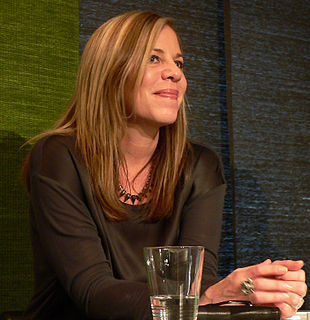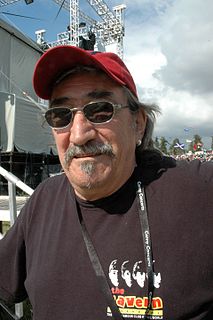A Quote by Joyce Johnson
I became intent on saving him through showing him that he was loved.
Related Quotes
I promised I'd save him, take him home! I promised him!" . . . Thomas hugged Chuck to his chest, squeezed him as tightly as possible, as if that could somehow bring him back, or show thanks for saving his life, for being his friend when no one else would. Thomas cried, wept like he'd never wept before. His great, racking sobs echoed through the chamber like the sounds of tortured pain. (pg 358 hardback)
He loved me. He'd loved me as long as he he'd known me! I hadn't loved him as long perhaps, but now I loved him equally well, or better. I loved his laugh, his handwriting, his steady gaze, his honorableness, his freckles, his appreciation of my jokes, his hands, his determination that I should know the worst of him. And, most of all, shameful though it might be, I loved his love for me.
As I watched Bill, waiting with apparent calm for death to come to him, I had a flash of him as I'd known him: the first vampire I'd ever met, the first man I'd ever gone to bed with, the first suitor I'd ever loved. Everything that followed had tainted those memories, but for one moment I saw him clearly, and I loved him again.
I loved working with Malcolm [McDowell]. He's been such an important person in my life. I mean, not just as someone I was married to, which is huge, and the father of my children, which is even bigger, but also as a friend and an inspiration and somebody who probably helped to fuel something that all my reading as a child had already started, which was a love of England and the world of the theater over there, which I became involved with through him and probably because of him.
What [Nietzsche] calls slave morality is to him purely spite-morality; and this spite-morality gave new names to all ideals. Thus impotence, which offers no reprisal, became goodness; craven baseness became humility; submission to him who was feared became obedience; inability to assert one's self became reluctance to assert one's self, became forgiveness, love of one's enemies. Misery became a distinction



































